Premenstrual Syndrome (PMS) refers to a set of physical and emotional symptoms that occur in the days or weeks leading up to a woman’s menstrual period. These symptoms can vary in intensity and duration and can have a significant impact on a woman’s daily life.
Physical Symptoms of PMS
- Bloating: Some women may experience bloating or water retention in the days leading up to their period, which can cause discomfort and a feeling of fullness.
- Cramps: Abdominal cramps can occur in the days leading up to a woman’s period, which can be mild to severe in intensity.
- Fatigue: Many women experience fatigue and tiredness in the days before their period, which can be due to hormonal changes or a lack of sleep.
- Headaches: Some women may experience headaches in the days leading up to their period, which can be caused by hormonal changes or changes in blood pressure.
- Breast Tenderness: Breast tenderness is another common symptom of PMS, which can cause discomfort or pain in the breasts.
Emotional Symptoms of PMS
- Mood Swings: Many women experience mood swings in the days leading up to their period, which can include irritability, anxiety, or depression.
- Anxiety: Anxiety and nervousness can also be a symptom of PMS, which can cause feelings of tension or unease.
- Depression: Some women may experience feelings of sadness or hopelessness in the days leading up to their period, which can be due to hormonal changes.
- Irritability: Irritability and anger are common emotional symptoms of PMS, which can cause tension and conflict in relationships.
- Food Cravings: Some women may experience food cravings or increased appetite in the days before their period, which can be due to hormonal changes or changes in blood sugar levels.
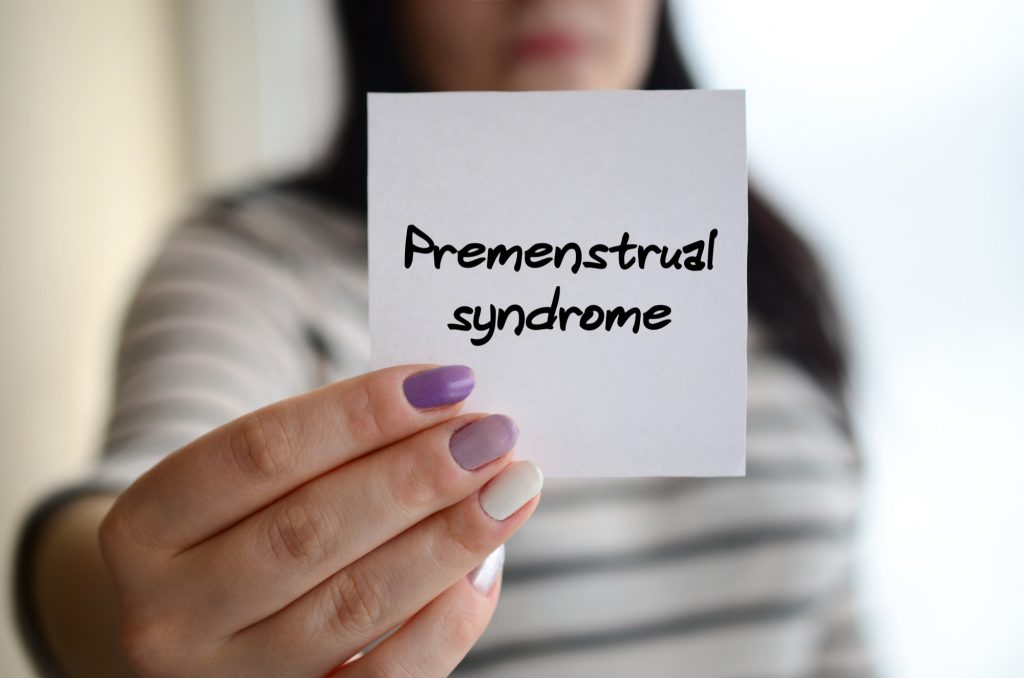
Managing PMS
While PMS can be uncomfortable and disruptive to a woman’s daily life, there are several ways to manage and reduce its symptoms:
- Exercise: Regular exercise can help reduce PMS symptoms by improving mood and reducing stress levels.
- Diet: Eating a balanced and nutritious diet can help reduce PMS symptoms, including reducing caffeine and sugar intake.
- Sleep: Getting enough sleep is essential for reducing PMS symptoms, as sleep deprivation can exacerbate mood swings and fatigue.
- Relaxation Techniques: Practicing relaxation techniques such as yoga, meditation, or deep breathing can help reduce stress and anxiety.
- Medications: Over-the-counter pain relievers or prescription medications can be used to manage PMS symptoms, including cramps, headaches, and breast tenderness.
Read more: Menstruation: Myths vs Reality
Conclusion
PMS is a common and often frustrating experience for many women. Understanding its symptoms and implementing strategies for managing it can help reduce its impact on daily life. If PMS symptoms are severe or significantly impact daily life, it is important to speak with a healthcare provider for further evaluation and treatment options.




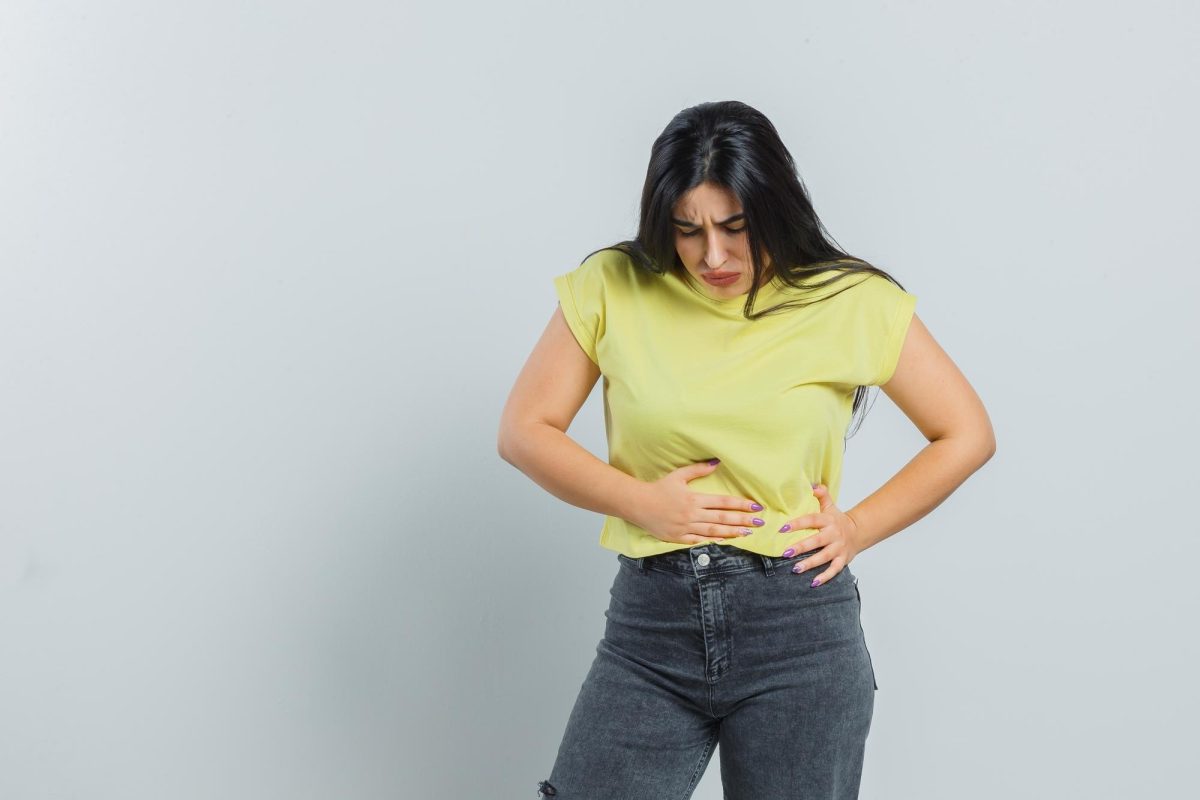

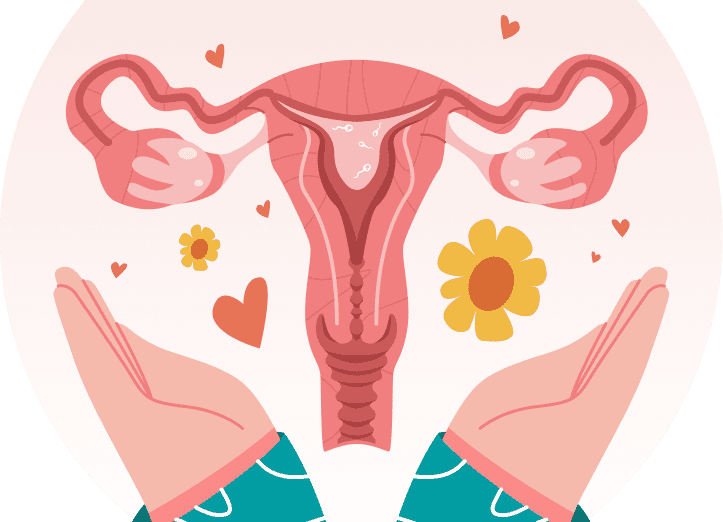
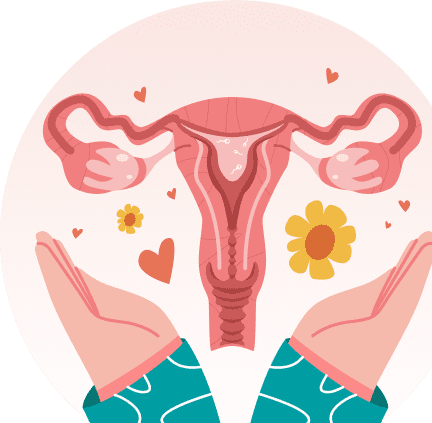

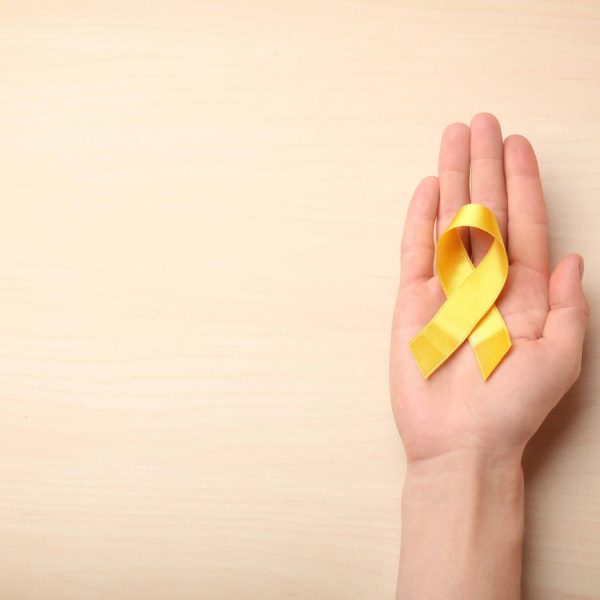
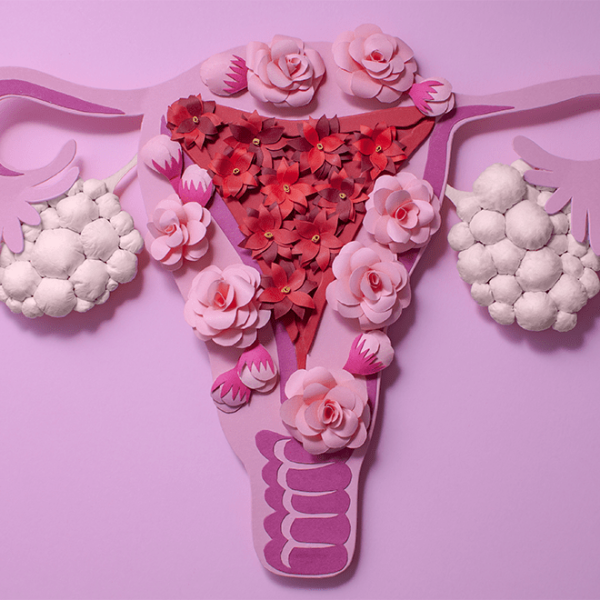


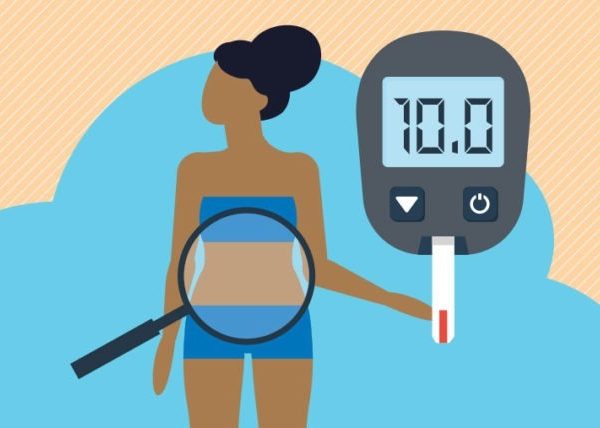
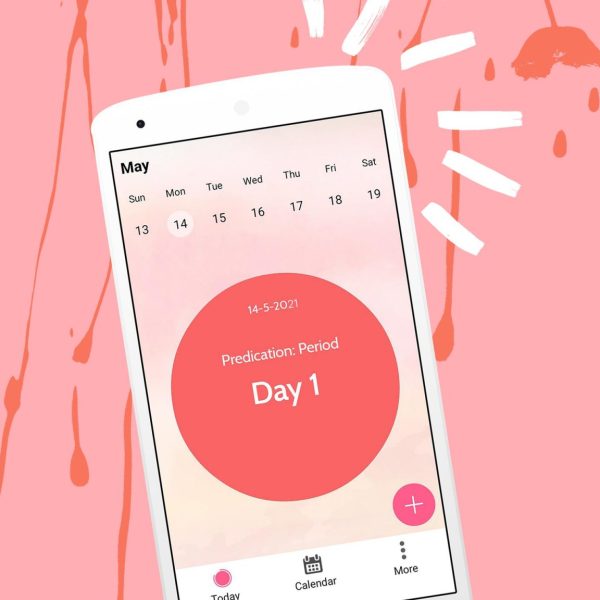
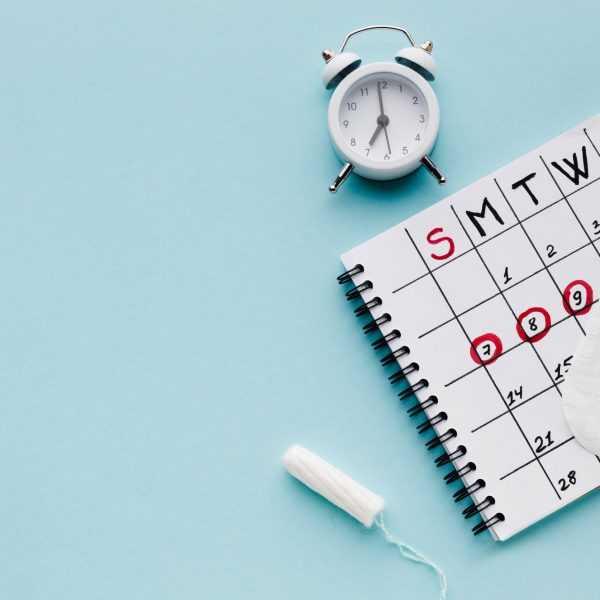
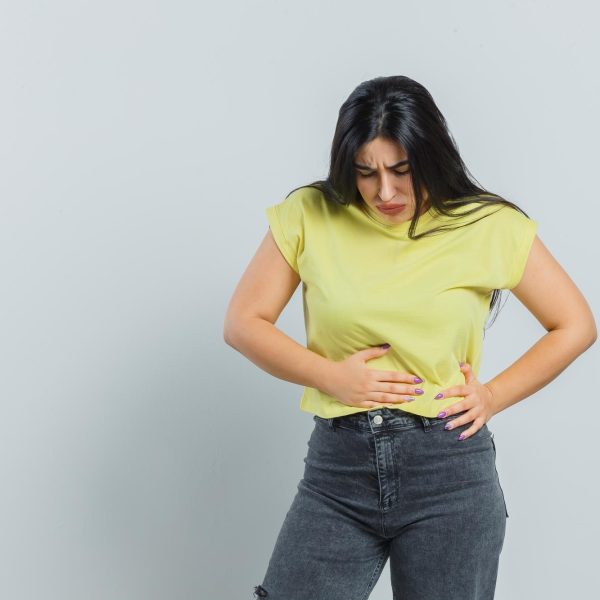







Share this article